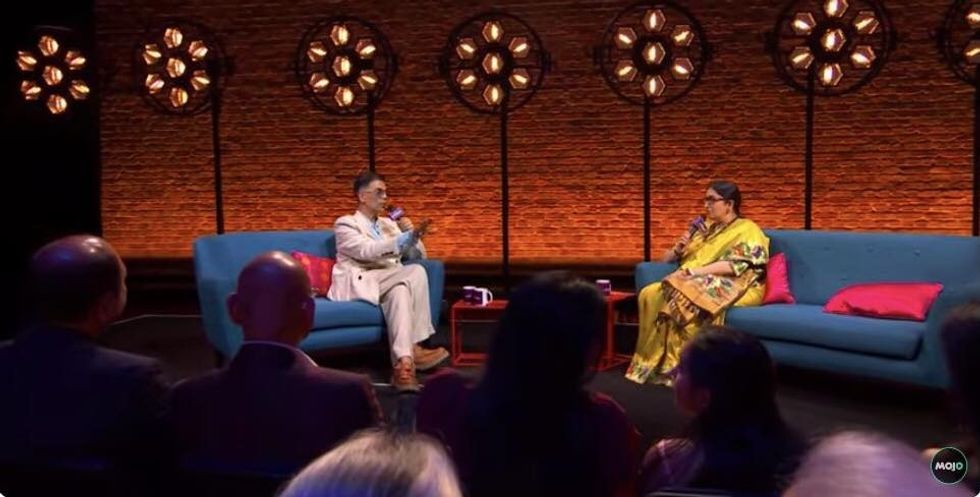Rishi Sunak has dismissed the possibility of a swift trade agreement with India, effectively ruling out the likelihood of securing a deal before this week's G20 summit in Delhi or even before next year's elections, The Guardian reported.
Multiple sources familiar with the negotiations have reported that the prime minister has rejected the notion of an "early harvest" deal, which would have primarily reduced tariffs on certain goods but would not have addressed more complex issues like professional services.
This decision has eliminated any prospects of reaching an agreement this week, just before Sunak’s meeting with Indian prime minister Narendra Modi in Delhi.
Although some within the government believe a deal might still be attainable later this year, many now view the possibility of a UK-India free trade agreement, touted as a significant post-Brexit opportunity, as remote.
A government source revealed that discussions last year revolved around the potential for a deal by Diwali, but this was contingent on a shallow agreement focused on a limited range of goods. However, trade secretary Kemi Badenoch and Sunak have opted to abandon this approach, removing any associated deadlines.
One individual close to the negotiations expressed concern that an early agreement on goods could become the final arrangement, neglecting the more substantial priorities of the UK.
Despite high expectations, trade negotiations with India have persisted for several years without reaching a conclusion. Former prime minister Boris Johnson and his successor Liz Truss had previously promised a deal by the last Diwali, which occurred in October last year. However, nearly a year later, substantial disagreements still persist.
While certain agreements have been achieved in key areas, such as the reduction of tariffs on whisky and cars for India and the removal of tariffs on textiles and other goods for the UK, Sunak and Badenoch have rejected the idea of a slimmed-down trade agreement.
They fear that such an agreement could jeopardize the pursuit of a more comprehensive deal.
Notable areas of contention in the comprehensive agreement include Indian demands for increased visas for Indian students and employees of Indian firms, which the Home Office prefers to address separately from the trade deal.
The UK also seeks enhanced intellectual property protections, particularly in the pharmaceutical industry, while India aims to restrict the proportion of UK goods produced outside the UK.
Officials suggest that a comprehensive deal remains possible this year if Sunak can convince Modi to prioritize it politically. However, many anticipate that further delays will render it infeasible in the near term, as both leaders focus on upcoming general election campaigns.
A spokesperson for the Department for Business and Trade emphasised the UK's commitment to signing a deal that is fair, balanced, and in the best interests of the British people and the economy, though they refrained from commenting on ongoing negotiations.
















 Karan Johar and Smriti Irani
Karan Johar and Smriti Irani
